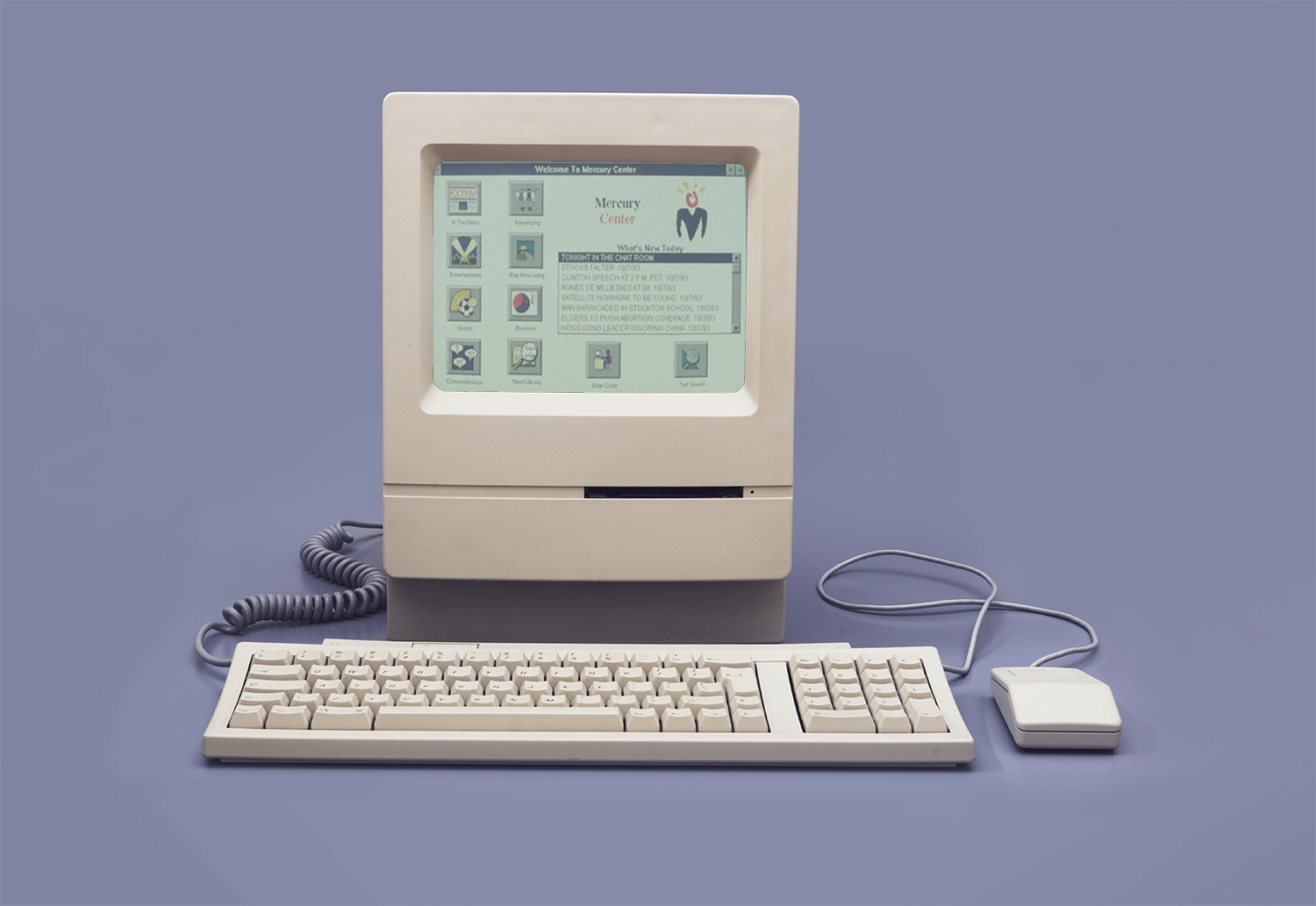If you’re Matthew Giles, an NYU grad student studying in the Media, Culture and Communications department, then the answer has a few components.
1. Try and get your arrest record through a variety of ways.
2. Try and get disassociated from a group of protesters whose members were arrested on the same night.
Giles went to St. Louis and into Ferguson on August 14 with another student to talk with protesters and journalists.
“My focus was specifically on my Master’s thesis, which looks at media spectacle and the differences in each individual’s lived experiences vs. what comes up on national media,” he wrote in an email. (We also spoke on the phone.)
Giles got to know all of that for himself pretty well in Ferguson.
On Sunday, August 17th, he was arrested around 9 p.m.
“This was 3 hours before the curfew. I was wearing press tags from NYU that had been approved by the press liaison from the Police Dept., and I told the officers who arrested me that I was media, and they ignored me and pulled the press tags off my neck, after taking both my camera and phone,” Giles wrote.
He was kept in the back of a prisoner transport vehicle until 3 a.m., he said, then booked and released around 6 a.m. He asked for his arresting officer’s name and wasn’t given it. He wasn’t told what crime he’d been charged with and he was given a receipt that showed what police took from him when he was detained and what they were giving back.
I will be told my charges from being detained for 8.5hrs as media in #Ferguson via letter in "up to 6 weeks for Prosecutor to find evidence"
— Matty Giles (@MalcontentMatty) August 18, 2014
Once he got home to New York, Giles found that he’d been associated with other people who were arrested that night identified as a group of organized protesters. So there’s that now, too.
What to do? A lot of this Giles has already done, but I called Mickey Osterreicher, general counsel with the National Press Photographers Association, and Tony Rothert, legal director, ACLU of Missouri, for some ideas. Here are their tips:
1. Call the station where you were booked:
“…And say, ‘Hi, I was arrested, this is the date and time I was arrested. I was never given a copy of the arrest report. I’d like it.'” Osterreicher said. “You’re entitled to it.”
When Giles was arrested, he did have a mug shot and his fingerprints taken. But what if that never happened? What if you were just kept in the back of a car for awhile?
“That’s a really good question,” Osterreicher said. “My understanding, in my conversation with the police, was that whatever agency arrested somebody, the St. Louis County Police Department did the transportation and did whatever booking they do, which normally entails a mug shot and fingerprints.”
As long as there’s a mug shot and fingerprints, which is normal procedure for any arrest, there should be a record, Osterreicher said.
Giles did try this two days after he returned from Missouri. He was told the station was backlogged.
“They said to call back in two weeks.”
2. Call the city’s legal counsel.
Tell them you’re entitled to your arrest record, Osterreicher said. This works if you know who arrested you, Rothert added. In this case, Osterreicher and Rothert agreed — try the St. Louis County Police.
3. File a Freedom on Information Act on your record.
“It doesn’t make sense to me that you would need one for your own record, but if they’re being jerks about it…,” Osterreicher said.
This is actually the first thing Giles did. When he was released, he met someone from MORE, Missourians Organizing for Reform Empowerment, who helped him file a FOIA.
“They said that some people had been arrested early in the week, like Ryan (Reilly), had never gotten anything either,” Giles said. “They said, ‘hey, even if it feels a little preemptive to do a FOIA, it’s smart.'”
He’s keeping track of his FOIA request online now.
On the day I left for Ferguson, I started a list of journalists who’d been arrested in Ferguson, which you can find here. I haven’t added much since, but on Monday I did include links to two more lists found thanks to this post from Josh Stearns, “Finding a Better Way to Track Journalist Arrests in the United States.” Freedom of the Press Foundation has FOIA’d the arrest records of everyone on its list.
4. Call the ACLU.
“Arrest records are public records and unfortunately right now, I think there’s some lawless behavior happening in many ways, including by not fulfilling public records requests,” Rothert said.
The ACLU of Missouri has filed FOIAs with St. Louis County police and the city of Ferguson Police and recently sued over them, he said.
“They are generally not complying with the Missouri Sunshine law.”
Rothert said the charges he has heard most people were arrested for was refusal to disperse. He thinks that statue itself is probably unconstitutional, “but even under its own terms, it’s very difficult to see how it would apply to the arrest of journalists.”
5. Talk to an attorney
If journalists were detained without probable cause, then their civil rights were violated, Rothert said. They should talk with an attorney.
“I know journalists like to report the news and not be the news, but if their constitutional rights were violated, there may be remedies.”
Giles, meanwhile, is also working on his second problem — being wrongly associated with a group of protesters. He has written in comments on some blogs that mention him as a protester (one corrected it.) And he contacted the news station that sent out the tweet identifying him as someone who was arrested. They won’t redact it because the information is correct. He was arrested. But they did do a spot on him.
“So that’s better than nothing.”
Giles is still trying to get information on his arrest and he’s worried that he may be prosecuted. And that is a possibility, Rothert said. The prosecutor has a year to file charges. Rothert doesn’t recommend journalists who were arrested call the prosecutor, “but maybe if there was a group effort on behalf of journalists and employers to pressure the prosecutor to agree there will be no charges. I think there’s an opportunity for some advocacy there.”
He’d be shocked, Rothert said, if any journalists were charged after being arrested in Ferguson.
“But I’ve been shocked several times in the last week, so I don’t know.”









Comments